
QA services for media
and entertainment
Software solutions we test
We have expertise in testing a wide range of IT products for the media and entertainment sector, namely:
- Mobile and web applications for streaming services
- Smart TV applications
- Digital newspaper websites and mobile apps
- Advertising solutions
- Sports betting software
- Audio and video players
- Gaming and gambling products
- Software for managing cable television networks
- Content management systems
- Media delivery infrastructure management tools
- Digital rights management solutions
- Live TV and radio broadcasts management software
- Social networks
- Ticket booking software
Comprehensive set of testing services for media and entertainment software
Functional testing
We help ensure that media and entertainment software functions as intended and delivers a seamless and enjoyable user experience. We build test approaches, test plans, test scenarios, and test cases and then verify all software functionalities, including content and user management, playback and streaming, personalization and recommendations, and other features.
Performance testing
We make sure that your software can seamlessly support large numbers of users without sudden crashes or deterioration in speed. For this, we run server- and client-side performance testing, from load to stress verifications, and provide detailed recommendations for improving performance.
Cybersecurity testing
We help media and entertainment companies confirm that their software and sensitive user data are protected from malicious attacks. With the help of penetration testing, vulnerability assessment, static code analysis, and other best security practices, we detect security loopholes that can lead to data leaks and other types of security attacks.
Usability testing
We perform usability testing to help companies ensure a smooth, intuitive, and enjoyable user experience. Our team assesses the clarity and visual hierarchy of the interface, verifies information architecture, makes sure users can easily find the content they’re looking for, and detects areas that can confuse the target audience.
Compatibility testing
We assist companies in ensuring that their media and entertainment software functions flawlessly across various devices and OSs. By performing compatibility testing on real devices (smartphones, smart TVs and TV add-ons, smart speakers), we assess rendering, functionality, responsiveness, and content streaming across various environments, check how software interacts with operating system-specific features (e.g. notifications, multitasking functionalities), and verify systems under different internet connection speeds (high/low bandwidth, fluctuating speeds).
Integration testing
We focus on checking how different components and modules of the media and entertainment software interact with each other and with external systems (e.g. mobile apps stream data from back-end, payment systems integrations). During testing, we detect flaws in the joint operation of individual software parts, verify data flow between them, and review the functionality and reliability of APIs used to interact with external systems.
Test automation
We help companies streamline the testing process, improve its accuracy, and optimize QA costs by automating frequent, time- and effort-consuming activities, such as regression, cybersecurity, performance testing. We either help organizations enhance existing automated practices (e.g. establishing a more efficient test automation framework) or introduce them from the ground up based on project specifics and needs.
Accessibility testing
We contribute to making media and entertainment software accessible to everyone by performing accessibility testing in line with WCAG. We check color contrast, font size and readability, make sure that non-text content has descriptive text alternatives, confirm that users can navigate all functionalities and interface elements using the keyboard only. We also verify audio controls, check the availability of captions and audio descriptions.
QA consulting
We understand that delivering high-quality, user-friendly M&E software with complex business logic can be challenging. This is why we offer QA consulting to help enhance existing QA processes or implement a robust testing strategy from scratch to proactively manage risks, improve in-house QA performance, adopt new methodologies, or successfully undergo structural changes.
Regression testing
We run regression testing to check if new features, bug fixes, or code changes haven’t unintentionally introduced new defects or disrupted any existing functionalities. Thus, we reduce the risks of critical system failures and save time and costs on fixing them.

Our QA tech stack
Web and mobile
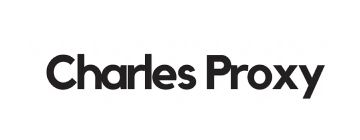

















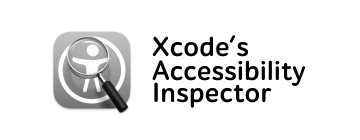
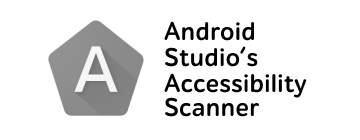
Automation



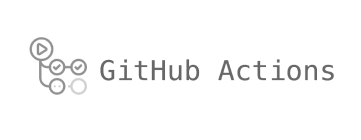




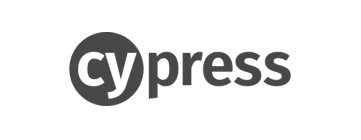
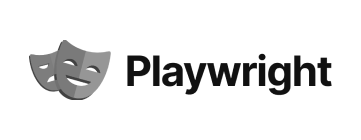




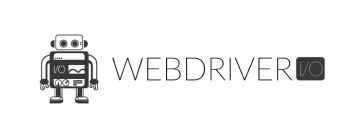







Perfomance



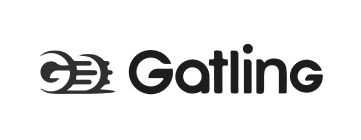








Security
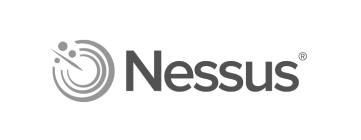

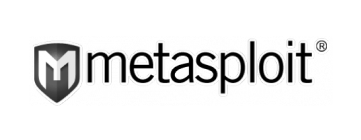






Database

In addition, a1qa uses real devices for tests, including but not limited to:
- Apple TV
- Google TV Stick
- ROKU Streaming Stick
- Amazon Fire TV Stick
- Sunvell T95 Allwinner
- Xiaomi Mi Box 3
- XFINITY Xi6-A Streaming Box
- Amazon Echo
- Apple HomePod
- Google Nest Audio
- TVs based on WebOS, Android TV, Tizen OSs
- Apple watches
- iPhone, iPad devices
- Android smartphones and tablets
Featured success stories
A few words from our clients


When M&E companies should opt for independent QA
Shortage of domain-specific expertise
When QA specialists lack specific knowledge related to testing media and entertainment products, chances are high that they’ll miss issues that impact overall quality or user experience, which will ultimately affect software success on the market.
Slow testing processes
Lack of automated testing or its poor efficiency can lead to problems with test coverage and overall software quality, increased chances of potential rework because of missed software defects, and the need to invest in additional testing resources.
Lack of real devices for testing
Relying solely on emulators or simulators can cause diverse problems like limited test coverage, device-specific issues that manifest themselves on real-world items only, platform-specific inconsistencies, and unaddressed device fragmentation.
Inability to meet set regulations
Lack of compliance with international standards is a grave violation of ethical obligation to protect user data and ensure fair content distribution practices, which can lead to fines, potential lawsuits, operational disruptions due to investigations, loss of users and data, and reputational concerns.
Why a1qa?
Deep niche expertise
We’ve successfully completed 100+ projects focused on ensuring failsafe operation of media and entertainment software, therefore we know how to solve any industry-specific QA concerns and keep our clients happy.
1,000 QA specialists on board
We can help our clients swiftly fill any existing expertise gaps by assigning full-time QA engineers and managers with vast industry and technical competencies.
ISO-driven QA processes
We continuously align all our workflows with ISO 9001, 27001, 14001 standards to provide high customer satisfaction, data security, and reduce environmental impact.
Quick project start
We want our clients to reach business outcomes early, that’s why we start the majority of our projects within a two-week interval, during which we draw up a testing strategy and assign a QA team.
Proprietary QA Academy
We upskill our QA specialists to help them increase their QA knowledge and leadership qualities. We design and conduct practice-driven training courses that cover the most in-demand QA subjects.
20+ years in SQA business
We provide a comprehensive scope of testing services at one place to help companies quickly cover any arising QA needs and get extra benefits, such as accelerated time to market or reduced costs.


